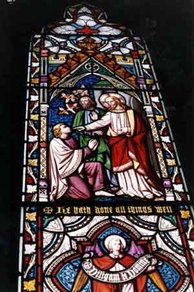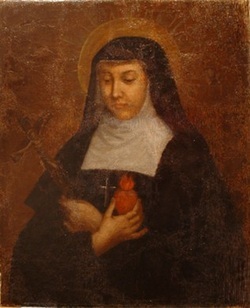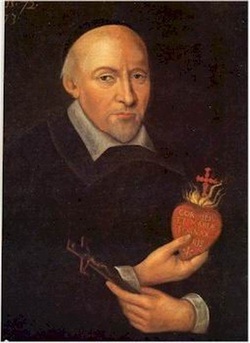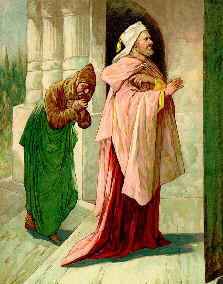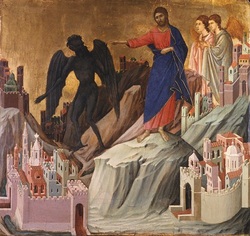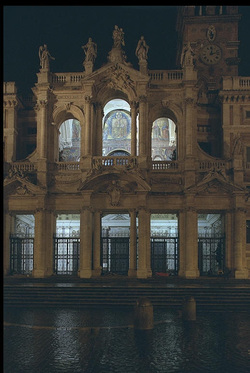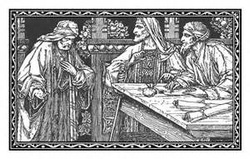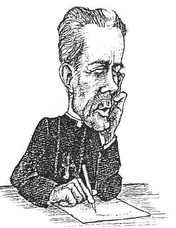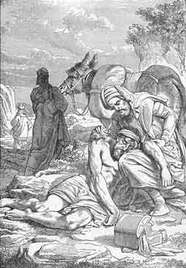
“Who is my neighbour” (Luke, 10:29)
The most important lesson taught by Jesus Christ was the commandment of love--love for God and love for our fellow men. In today's Gospel we hear Him repeating this commandment for the benefit of a lawyer, who doubtless thought he would make out very well in a debate with this simple carpenter from Nazareth. Our Lord not only proved to the lawyer that he was not so wise as he imagined, but also narrated a parable that will carry an inspiring lesson to mankind until the end of time, the parable of the good Samaritan.
To understand the full significance of this parable we must note the question of the lawyer which Our Lord answered —“Who is my neighbour?” By the parable of the good Samaritan Our Saviour intended not only to emphasise the excellence of charity but also to point out that true Christian charity must extend to all men without exception. This principle He made clear by stating that the generous traveller of the parable was a Samaritan; for between the Jews and the Samaritans there was a strong nationalistic antagonism. Consequently, Christ wished to teach us that we must be charitable to all human beings, even to those whom we naturally dislike.
The lesson of this parable is just as useful to the men and women of the twentieth century as it was to those who listened to it more than nineteen centuries ago. We may be tempted to dislike certain persons because of various reasons-perhaps because of racial or national difference, or perhaps because they lack courtesy or have been unkind to us personally. The inclination to show resentment toward such persons or to exclude them from our deeds of kindness is not sinful, as long as we do not deliberately yield to it.
If we possess the spirit of Christian charity, we shall overcome our natural feelings and show kindness and generosity toward such persons when the need for assistance arises. If we are tempted to be unkind or harsh, we should think of the parable of the good Samaritan and take to heart the words of Our Lord: “Go and do thou likewise.”
In a word, true Christian charity abstracts from the personal characteristics of our fellow men, however unpleasant they may be, and beholds in all human beings the beautiful image of God, reflected either actually or potentially, by sanctifying grace. Thus, when we help others in a spirit of true Christian charity, we are really expressing our love for God.
Practical Application
Strive to find opportunities in your daily life to do deeds of kindness for others. If you have the true spirit of Christian charity you will be kind to all persons, whether you naturally like them or not.
